EIA: US energy-related CO2 fell by 2.8% in 2019, slightly below 2017 levels
Green Car Congress
MAY 11, 2020
Because of continuing trends in how much energy the US economy uses and how much CO 2 that energy use generates, energy-related CO 2 emissions in 2019 fell more than energy consumption, which declined by 0.9% In 2019, the transportation sector’s energy-related CO2 emissions declined by 0.7% CO 2 emissions had increased by 2.9%



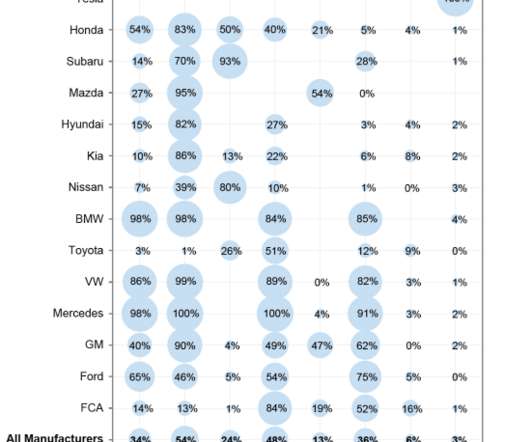



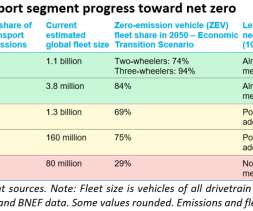

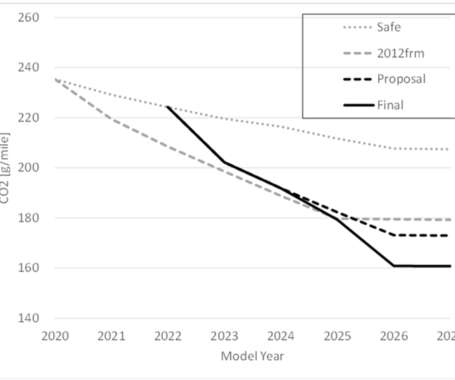








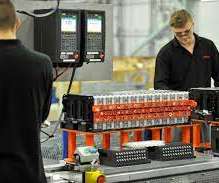
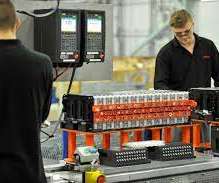







Let's personalize your content